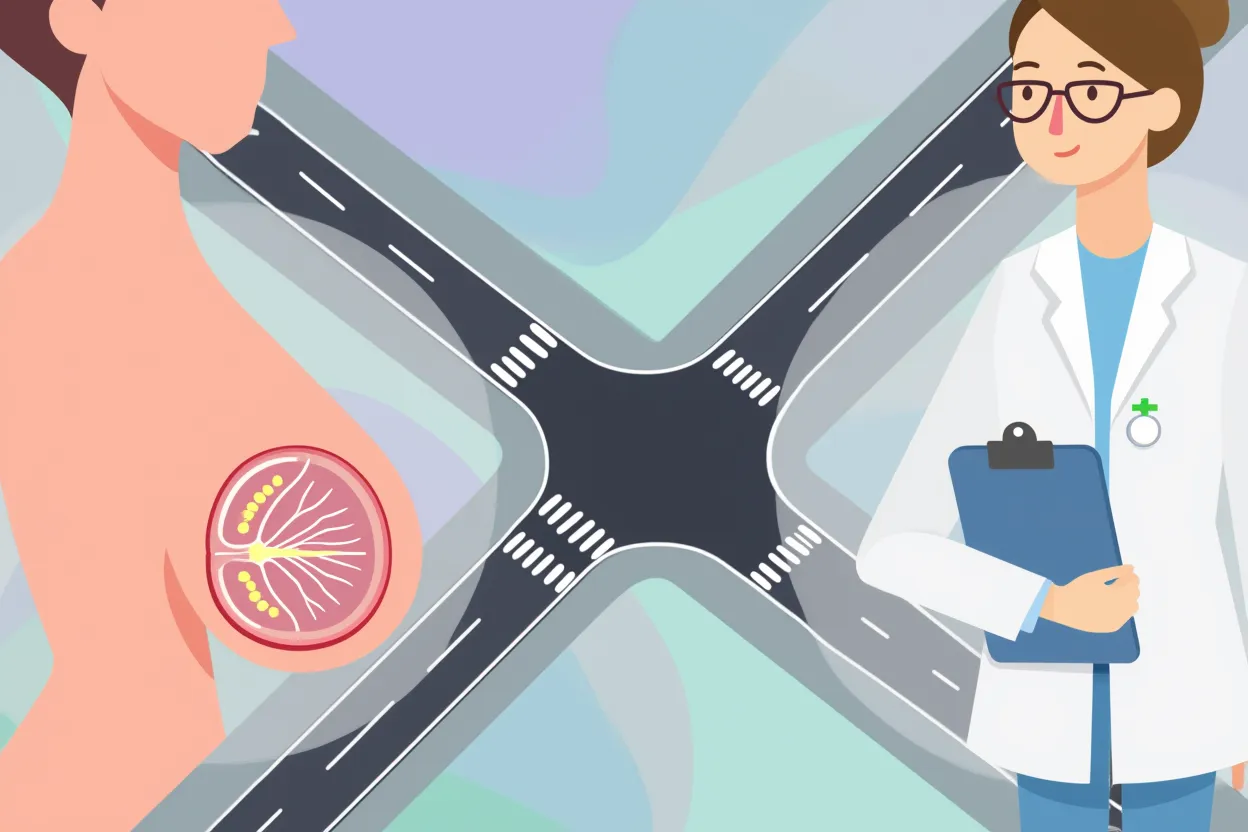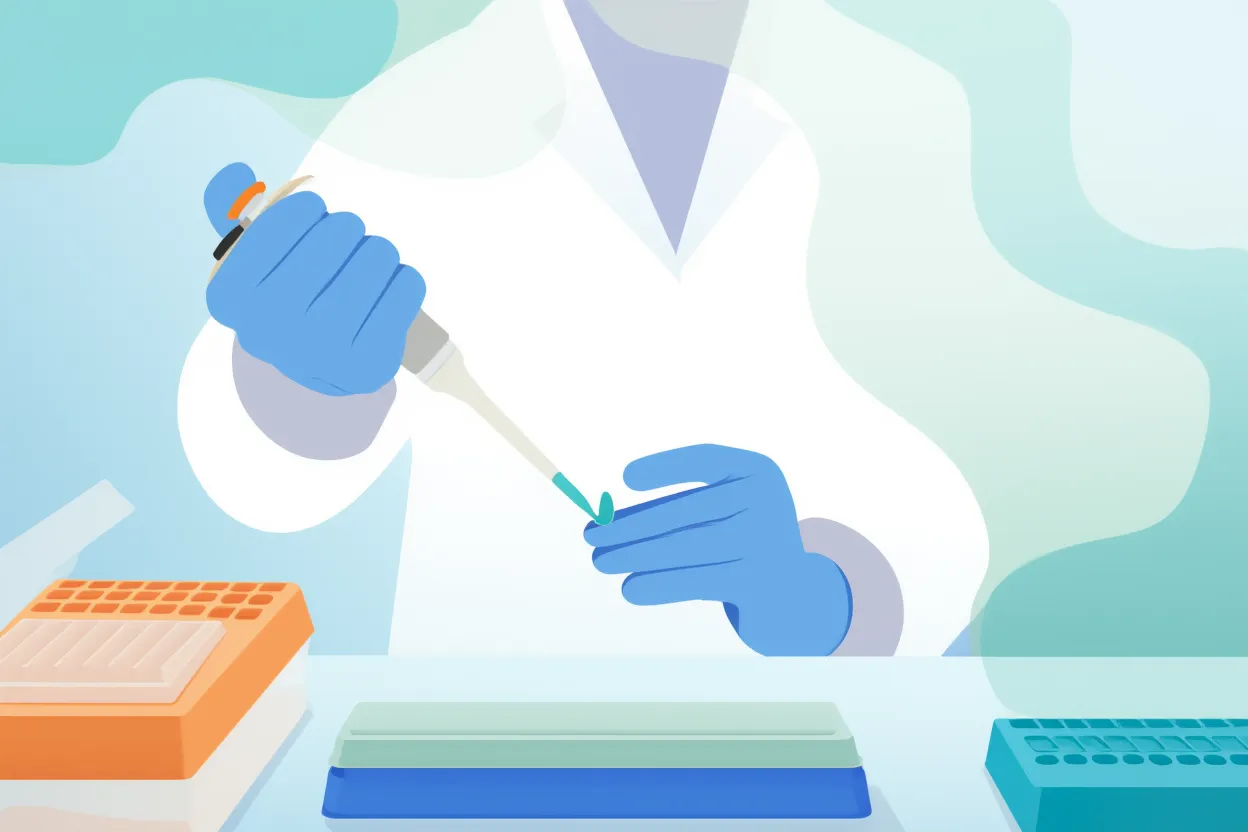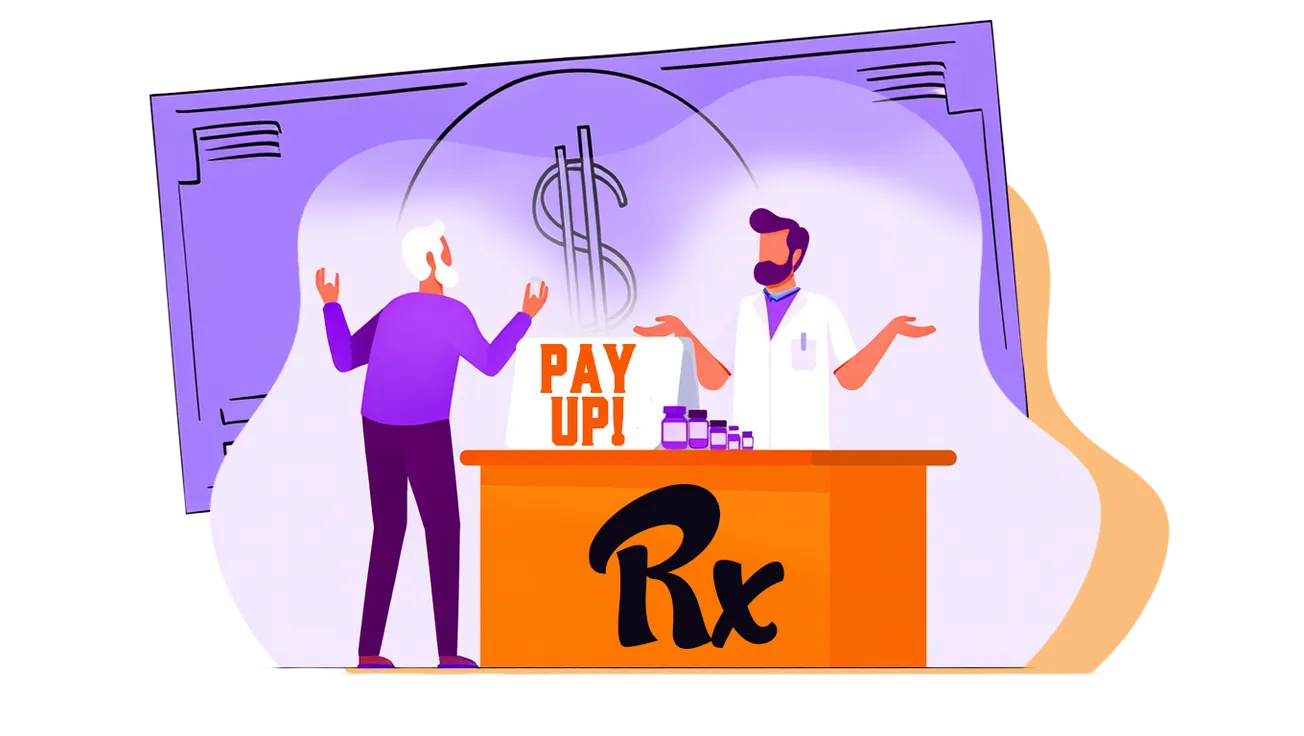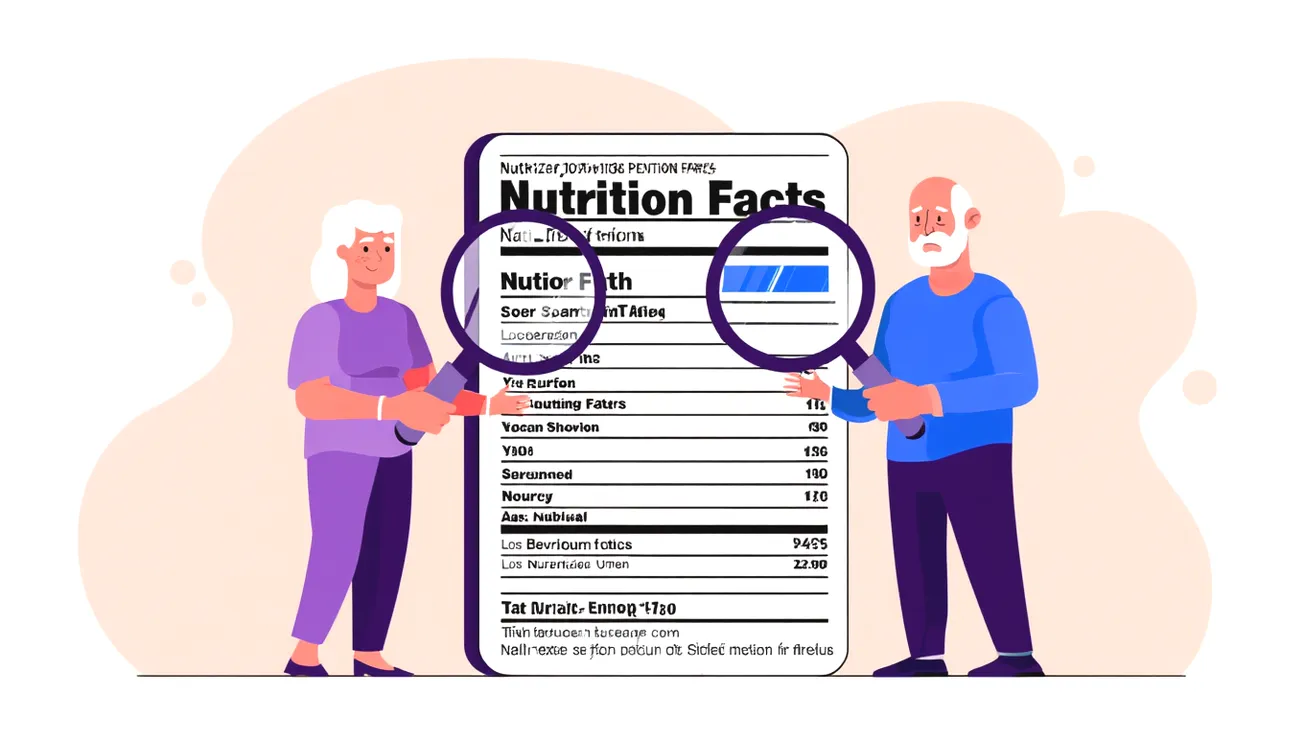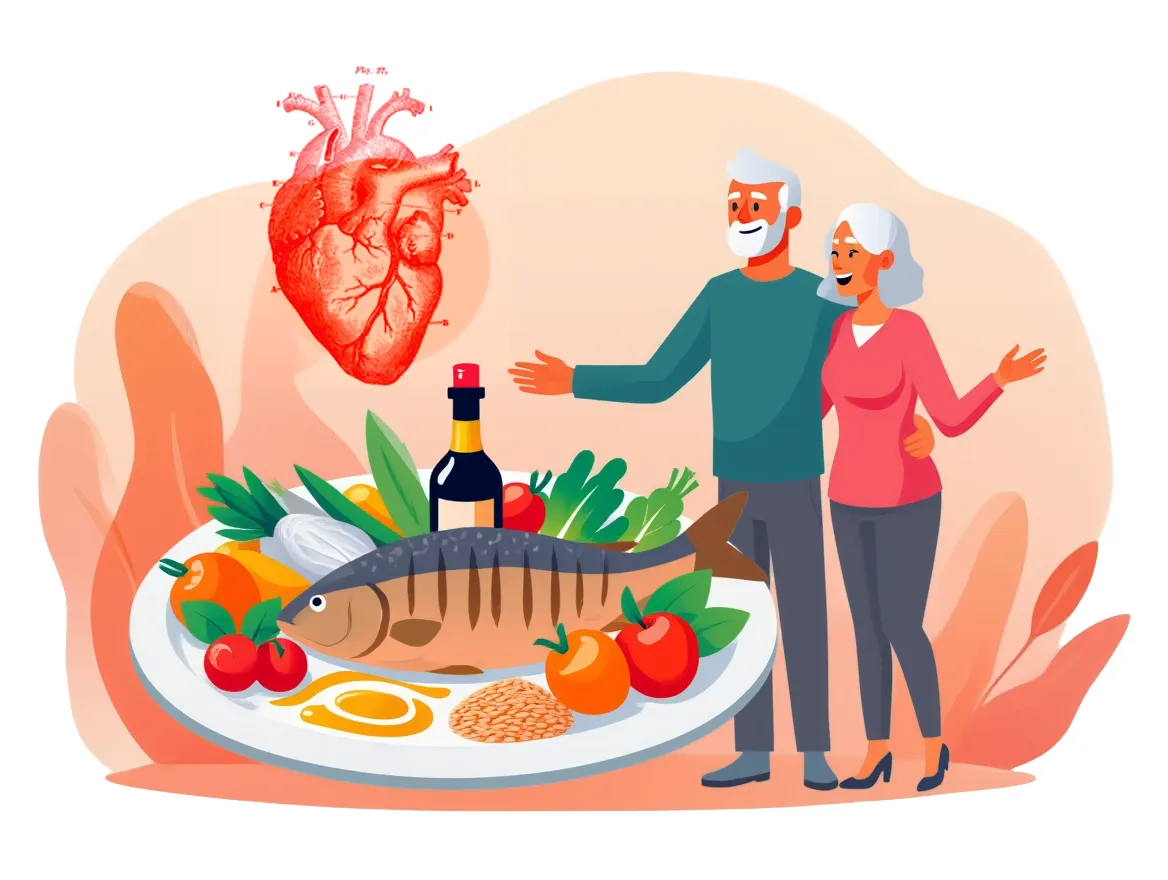If you don’t read anything else...
...here’s what you need to know: A form of vitamin B3 called nicotinamide may lower your risk of new skin cancers—especially if you start taking it early, right after your first diagnosis. A new JAMA Dermatology study of 34,000 veterans found it reduced cancer recurrence by up to 50 percent in high-risk patients. It’s safe, inexpensive, and over-the-counter, but it’s no sunscreen substitute.
When most people think about preventing skin cancer, the advice is the same: wear sunscreen, stay out of midday sun, get checked.
But researchers are now looking at whether a simple vitamin pill could help, too.
The supplement drawing attention is nicotinamide, a non-flushing form of vitamin B3. It first made waves in a 2015 New England Journal of Medicine study that showed fewer new skin cancers among people who took 500 mg twice a day.
In the years since, many dermatologists quietly added it to their prevention toolkit for patients who kept developing basal- or squamous-cell cancers. The question was: does it really work in the real world?
The veterans study
Researchers at Vanderbilt University and the VA Tennessee Valley Healthcare System looked back at medical records for more than 34,000 patients—far larger than any previous trial.
Those who took nicotinamide had significantly fewer new skin cancers than those who didn’t. The benefit was strongest for people who started early, after just one or two cancers, and declined in patients who waited until they’d had several.
“If a patient already has extensive sun-damage and multiple cancers, the horse may already be out of the barn,” said study author Dr. Lee Wheless, a dermatologist and epidemiologist at Vanderbilt.
In short: timing matters.
How it may help
Nicotinamide gives skin cells extra energy to repair DNA damage caused by ultraviolet light. That reduces the mutations and local immune suppression that can lead to new cancers.
Unlike prescription chemo-preventive drugs, it’s inexpensive, doesn’t cause flushing, and seems safe for most people. The standard study dose—500 mg twice daily—is higher than a typical multivitamin but widely available over the counter.
Earlier concerns that B3 supplements might raise heart risks don’t seem to apply to nicotinamide. Wheless’ team found no evidence of increased cardiovascular events.
Still, experts caution: talk to your doctor first. Supplements aren’t regulated like drugs, and vitamin B3 isn’t meant to replace sunscreen or regular skin checks.
At-a-Glance: Nicotinamide for Skin Cancer Prevention
A form of vitamin B3 (not the same as niacin) that helps skin cells repair UV-related DNA damage.
500 mg twice daily (morning + evening) with food. Sold over the counter.
Adults with prior non-melanoma skin cancer, many actinic keratoses, heavy sun exposure, or organ transplant recipients.
Generally well-tolerated; unlike niacin, it doesn’t cause flushing. No evidence of cardiovascular risk. Check with your doctor if you have kidney or liver disease or take multiple meds.
About $10–20 per month depending on brand and dosage.
What’s next
Wheless and colleagues hope to launch a large clinical trial to confirm whether nicotinamide truly prevents skin cancer across different groups. For now, the takeaway is simple: start the conversation sooner rather than later.
“This really pushes me to act earlier,” Wheless said. “Not after the sixth or seventh cancer—after the first.”
Listen to the entire podcast here:
Source: JAMA Dermatology – Nicotinamide for Skin Cancer Chemoprevention (2025)
Health Disclaimer: This article is for informational purposes only and not a substitute for professional medical advice. Always consult your healthcare provider before starting or changing any supplement or medication.



